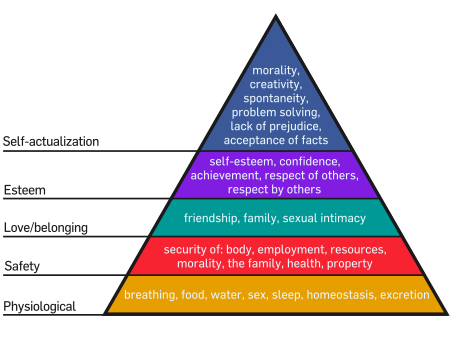fifthcolumn wrote:Ludwig is right in his original thesis about "high standard of living" not making you happy, just where I'm quibbling is the "poor and happy" bit.
As far as my limited and anecdotal experience went, I never really understood it, either.
How could people living in a place with one of the highest infant mortality rates in the world, containing areas which ranked among the highest population densities on the planet and having one of the lowest GDP's per capita appear to be so bloody happy?
On reflection, I think I can identify a few factors:
Most people had practically free access to sufficient shelter, clean water and a large proportion of their daily food needs - wells, harvested rainwater, coconuts and fish.
Disparities in wealth were generally kept in check by 'social norms' which made it an unquestionable moral obligation to share any money and 'possessions' with certain extended (inc. non-blood related) family members, etc.
Familial ties were very important - practically everyone was related to everyone else through some vague brother-in-law's cousin's nephew's... ad infinitum. Outside of that, you had local councils, community, church, home village, bingo club meetings, weddings etc. In other words, high social cohesion.
Another useful way to look at these factors might be through the lens of
Maslow's hierarchy of needs:

(It's a crude, somewhat anachronistic model, not without it's critics, but the graphic hopefully gets the point across).
Also, there was what I perceived as an apparent absence of the 'western' propensity toward making plans, schemes and general 'thinking ahead'. This one had me most stumped.
This seemed to manifest in a sort of attitude that any problem encountered would - of it's own accord and without intervention - simple disappear. Therefore, worrying about it was pointless. This became a source of enormous frustration to me - which in turn was a source of much amusement to those around me.

I guess that until that time I hadn't even been aware that there even
could be a different 'way of thinking' or 'logic' to the one I had absorbed from my own culture, let alone what it might look like. I still only glimpsed it.
The great tragedy was that I could see all of these factors being eroded on a daily basis by a western cultural imperialism that held at it's heart the attitude so familiar to colonisers throughout history: That, rather than displacing an existing culture, it was filling a 'void', for which they should be grateful.
And here I'll confess to being a hypocrite of the most ignoble kind, for at a time when the conversation in the WHO office concerned whether the cholera outbreak technically constituted an 'epidemic', I left the place because of my own health -
I had that option, they didn't.
Anyway, that's
all academic now.
